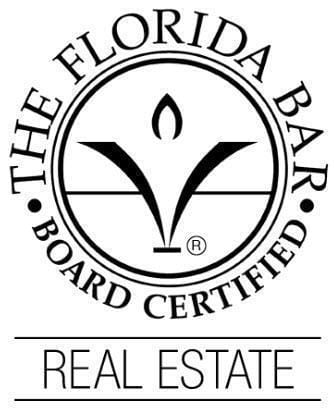There are different options available to finance a real estate purchase. You might consider applying for a loan with your local bank or lender. But if you encounter obstacles with a lender, you might think about seeking your financing from the owner of the property you wish to purchase.
This method of buying property is owner financing. The Motley Fool provides some background on the mechanics of owner financing and why some people prefer it over traditional methods of funding a real estate purchase.
How owner financing works
Entering into an owner financing arrangement with a property owner means the owner will hold your loan. Instead of paying a bank, you will make monthly payments to the owner. These payments will adhere to whatever agreement you make with the owner to pay the loan over a set period and at a determined interest rate.
An owner financing arrangement can utilize a note and mortgage. The owner composes the note, including the amount the buyer will borrow and how the buyer will pay the owner. Some owners prefer this method because the mortgage secures the owner against a buyer defaulting on the mortgage.
Other owner financing methods
A property owner might be open to other financing methods besides a mortgage. A contract for deed or agreement for deed is an arrangement that acts much like a mortgage, but in this case the owner’s name remains on the property title until you have repaid the owner in full. Some owners choose this method because they can regain their property easier in the event of default.
Another method is for you to lease the property for a period of time. At the end of the lease period, you may decide to buy the property. Typically, the leasing agreement in this situation will allow you to count your past leasing payments toward the full property purchase amount.
Reasons to consider owner financing
Going the owner financing route is not common in real estate financing, but it remains a workable option, especially in commercial real estate. Some sellers find it attractive because it can take a while to sell a property and they need to be flexible in order to land a sale. Some buyers choose it because they cannot find a bank loan.
Still, this option is not for everyone. Owner financing can carry higher interest rates than traditional methods of financing. You also have to decide if you are comfortable dealing with a property owner instead of a bank when paying off a mortgage or a debt.




